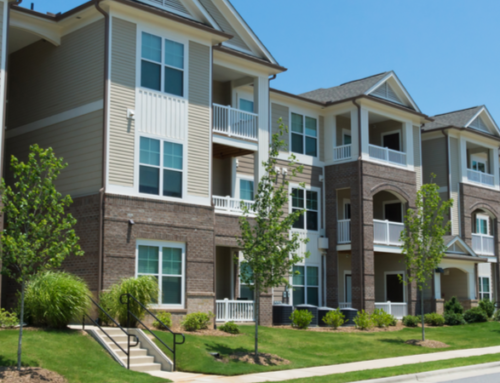Q: How should I get a loan to purchase a residential piece of property? The house is located next to my house.
I wouldn’t buy it to flip it and resell. Instead, I would like to purchase the house to use as my office. In essence, the whole property would be an investment. I am hoping that I could use cash from the business I start to pay the mortgage, and use it as a write-off.
Should I get a business loan? Is there another way to do this? What do you suggest?
A: There are mortgage lenders who will help you finance the property for your business. It will cost more, and you won’t be able to get 100 percent financing. In fact, you may be limited to 75 percent if you choose to finance the property as investment real estate. If you get a loan of up to 75 percent of the purchase price, you can either take out a home equity loan on your current property and use that as the down payment, or see if the seller will carry back the second note.
If you use a commercial mortgage lender, you need to know that you’ll pay a higher interest rate and more in points and fees. That’s why so many people try to use a residential mortgage lender to buy a second home – even if it is ultimately for investment or commercial use.
Since the property is located next door to your current residence, and since you plan to use the house as your office, it’s possible to find a residential lender to give you the loan to purchase the house. The rate may be a little higher, but may be quite a bit less than with a commercial lender. Talk to several mortgage lenders to make sure that you qualify for a residential loan.
One thing to check – some communities frown on homeowners who operate businesses from residential neighborhoods. You should check to make sure that your neighborhood or community does not have such restrictions. You may also need a business license for your entrepreneurial endeavor.
May 8, 2006






When a business approaches a commercial lender for a commercial loan there is a different set of variables to consider. In the case of a commercial mortgage the commercial lender will obviously need a full background of the business they are lending money to. These background checks will include the people who control the business.